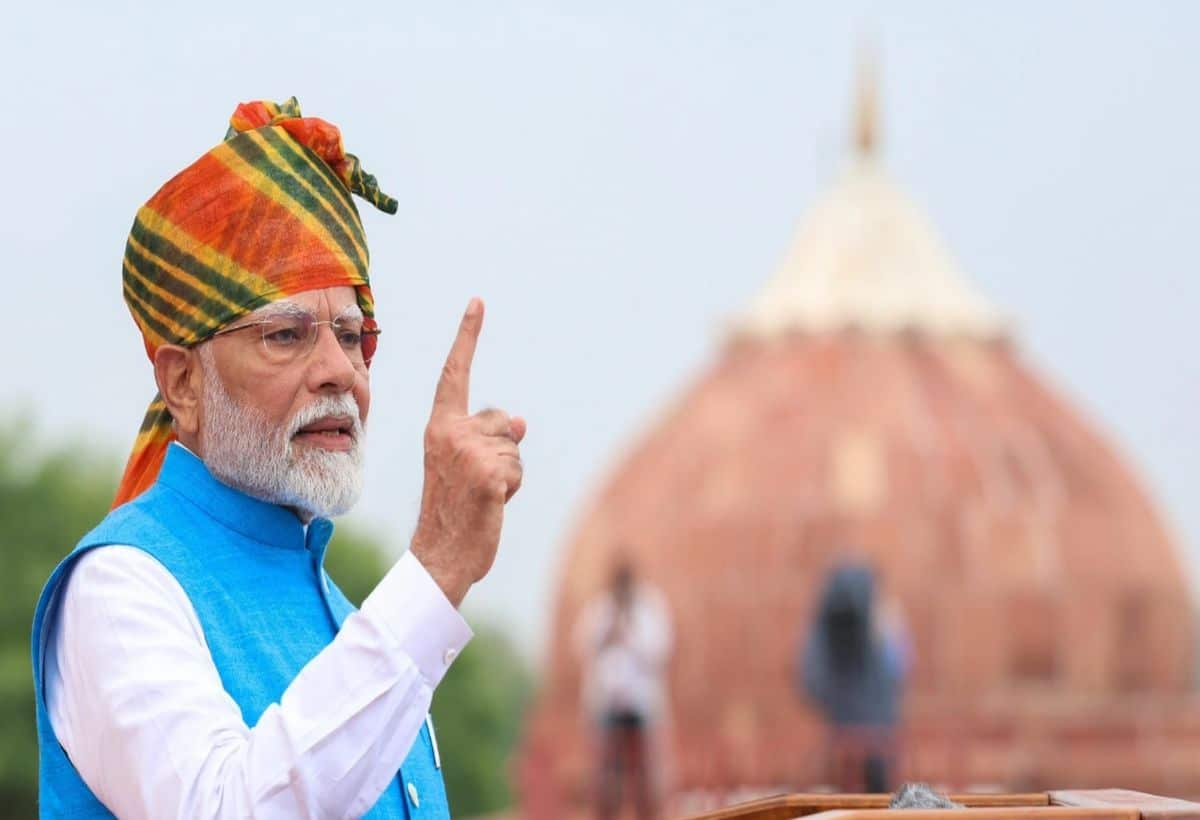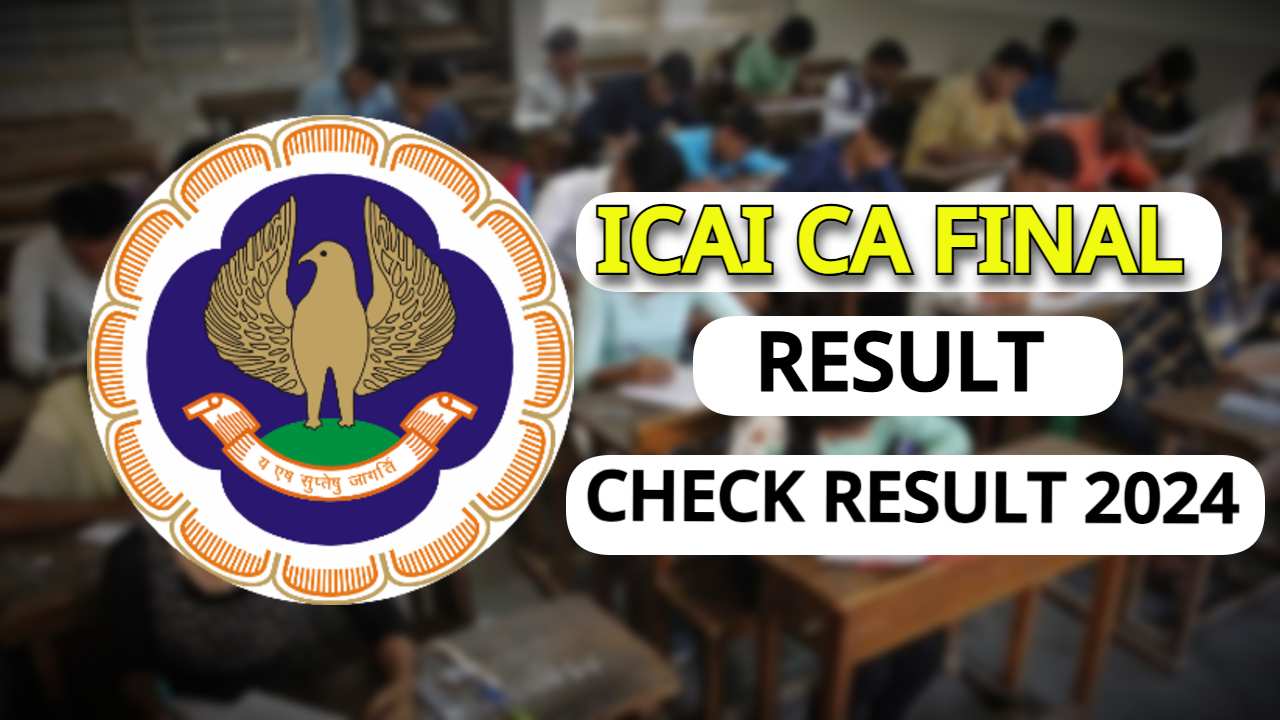Introduction
The BJP-led NDA government is set to advance its ambitious objective of implementing the ‘One Nation, One Election’ policy. This initiative, aimed at synchronizing the electoral process across various levels of government, has been a cornerstone of the BJP’s political manifesto. According to government sources, the implementation of this policy is not just a possibility but a commitment that will occur during their current term. Additionally, the long-awaited census exercise is expected to commence shortly, and the restoration of statehood for Jammu and Kashmir will be prioritized as soon as possible after the elections.
One Nation, One Election: A Step Towards Progress
During his recent Independence Day address, Prime Minister Narendra Modi underscored the significance of the ‘One Nation, One Election’ initiative, stating that frequent elections hinder the country’s development and progress. From the iconic Red Fort, he called upon both citizens and political parties to unite for the betterment of the nation.
Political Unity for National Development
The Prime Minister urged political parties to collaborate in ensuring the country’s advancement, with the national tricolor as a symbol of their shared commitment. As the NDA government marks 100 days of its third term under PM Modi, sources suggest that the ruling coalition will maintain harmony and a focused agenda, particularly on the implementation of ‘One Nation, One Election’.
Local Body Elections Timeline
In March of this year, a high-level panel led by former President Ram Nath Kovind made significant progress by recommending the simultaneous holding of elections for the Lok Sabha and state assemblies, with local body elections to follow within a 100-day timeframe. This recommendation could streamline governance and enhance electoral efficiency across all levels of government.
Legal Framework for Implementation
The Kovind panel also proposed the establishment of an ‘implementation group’ tasked with overseeing the recommendations for simultaneous elections. Among the key proposals are 18 constitutional amendments, most of which can be enacted without needing approval from state legislatures. However, certain amendments will require passage as Constitution Amendment Bills in Parliament, ensuring a robust legal framework for this electoral reform.
Conclusion
The implementation of ‘One Nation, One Election’ signifies a transformative approach to electoral politics in India, potentially leading to enhanced governance and reduced election-related disruptions. As the government prepares for a census and considers restoring Jammu and Kashmir’s statehood, the confluence of these developments presents a pivotal moment for the NDA administration. Citizens and political entities alike are watching closely as these initiatives unfold, which hold the promise of a more unified and efficient democratic process in India.












